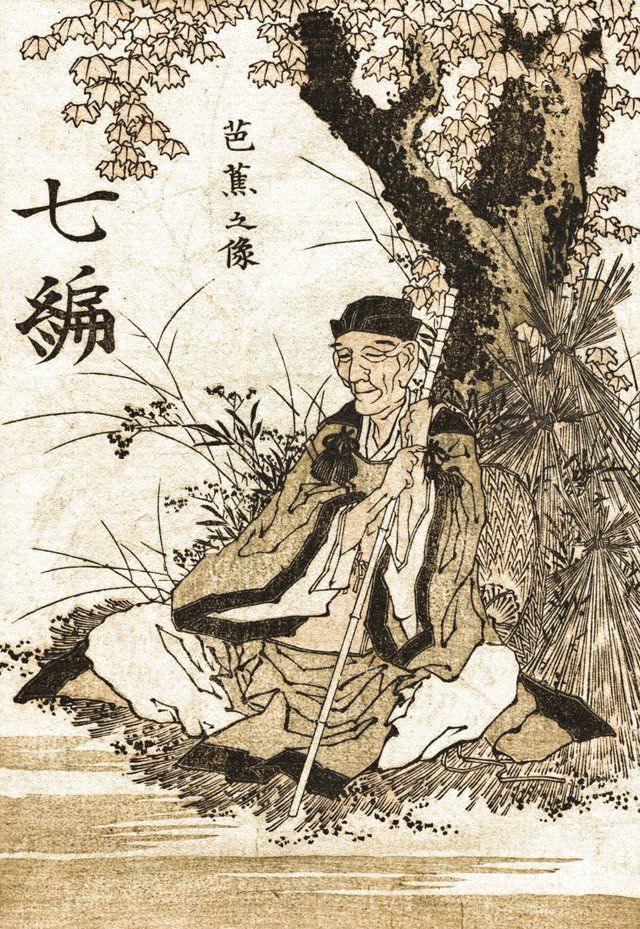Form and Content in Poetry
I have been trying to experiment with various forms of versification and poetic grammar. I am a votary of the philosophical idea that there is a dialectic of form and content. This essentially means a kind of mutual determination between form and content. Poetic content emerges only through a form. So content variations lead to variations in poetic forms. On the other hand, the choice of a poetic form will give specific internal structure to the poetic content. The Japanese forms of syllable-based versification are very revealing in this regard. Two forms which I have experiment with are haiku and tanka</>. Haiku and Tanka are of three and five lines respectively. While Haiku follows 5-7-5 syllablic pattern, Tanka extends it further to 5-7-5-7-7. To express a complete poetic idea in three or five lines with specific patterns of syllabification of lines means an enormous condensation of that idea into a fleeting allegory. Hence, in Haiku ancients generally would try to express cosmic truths through a description of natural events in a proverbial or aphoristic manner.

Image: By Hokusai [Public domain], via Wikimedia Commons